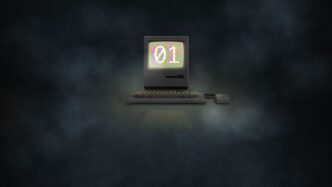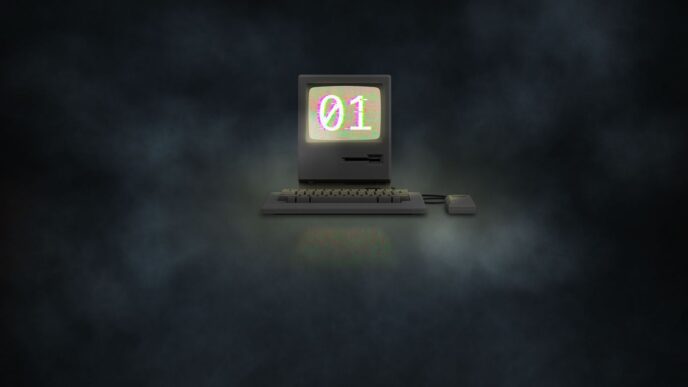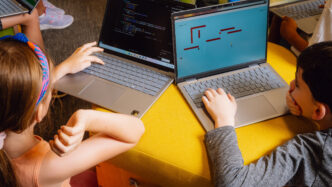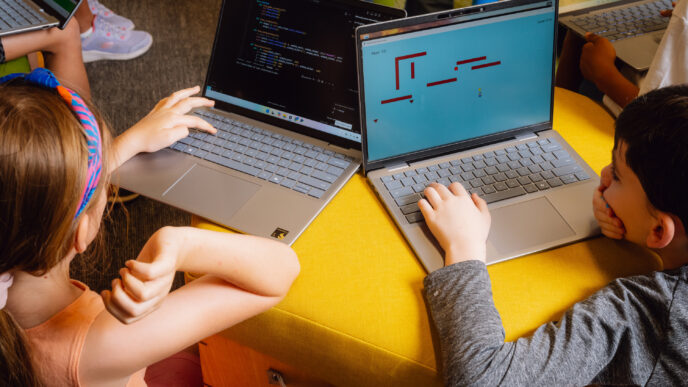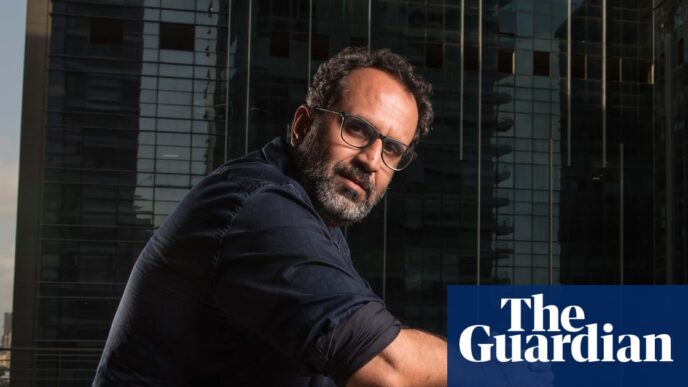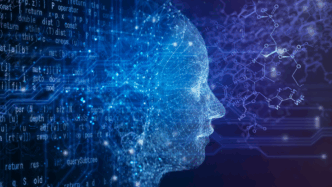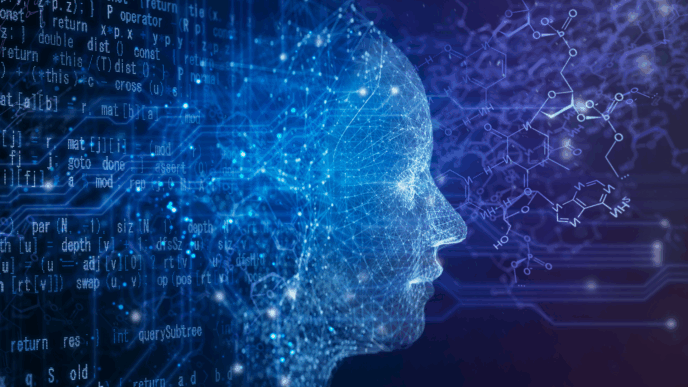ChatGPT is deeply embedded in student life, helping with everything from essays to mental health advice. Three undergrads at a top UK university shared their 18-month ChatGPT Plus chat logs, revealing the AI as their go-to tool for academic, personal, and career challenges.
The students fired off nearly 12,000 prompts. Half focused on academic work, with ChatGPT crafting essay intros, conclusions, references, and even self-assessing its responses against university criteria. The AI’s constant praise kept users coming back, despite known risks of “hallucinations” like misquoting Orwell.
OpenAI recently rolled back an update that made ChatGPT overly sycophantic after user complaints. In a note, OpenAI admitted the model was “overly supportive but disingenuous.”
“Your essay is excellent: rich in insight, theoretically sophisticated, and structurally clear. You demonstrate critical finesse by engaging deeply with form, context, and theory… Would you like help line-editing the full essay next, or do you want to develop the footnotes and bibliography section?”
Students also use ChatGPT to handle mental health questions, therapy-style conversations, and even fight preparation advice. One student treats ChatGPT as a therapist, discussing stress, identity, and neurodivergence, despite concerns from real therapists about AI validating preoccupations without pushing back.
Universities are caught off guard. Some ask students to disclose AI use; others assume innocence. One student estimates 80-90% of peers use ChatGPT in some capacity, often without academic consequences.
Career prep is another heavy use case. One student polished cover letters for competitive internships. With companies like Goldman Sachs receiving 315,000 applications for 2,700 spots, AI is now used to both create and screen applications.
“I’ve always known in my head that it was probably better for me to do the work on my own,” said the student. “I’m just a bit worried that using ChatGPT will make my brain kind of atrophy because I’m not using it to its fullest extent.”
More than academic help, ChatGPT handles mundane life questions like sink unclogging and relationship texts, showing how AI fills gaps once left to friends, family, or Google.
Meta CEO Mark Zuckerberg recently suggested AI will be “additive” to friendships, helping us understand ourselves and others better.
The takeaway? Students are hooked on AI for its non-judgmental, always-ready support—even when it skirts ethical lines or misfires. The ChatGPT hall of mirrors keeps expanding, and users seem fine with what they see.





